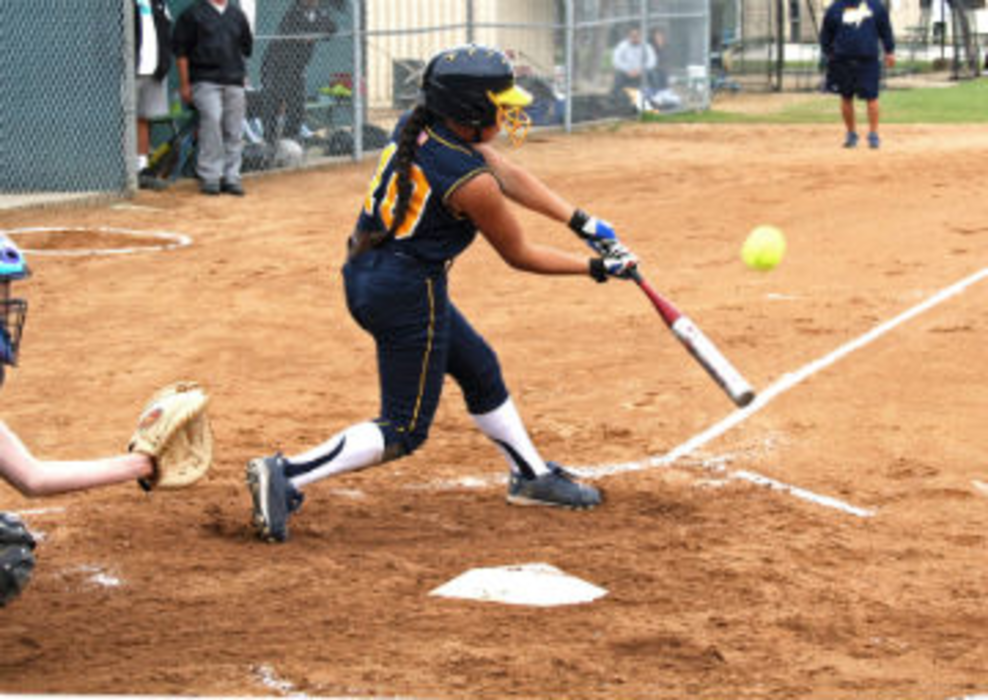The Great Bambino once said, “Never let the fear of striking out get in your way.” When female softball players claimed they were being ignored by the sports industry, sports company Louisville Slugger stepped up to the plate and used social to hit their “Beautifully Powerful” campaign right out of the park.
In alignment with the sport’s absence in the 2012 summer Olympic Games and the launch of its new Xeno bat, Louisville Slugger launched the multi-year “Beautifully Powerful” campaign this past June to market to female athletes in the “under-appreciated” and “under-targeted” fastpitch softball realm, says Kyle Schlegel, Louisville Slugger’s VP of Marketing.
“Female athletes didn’t feel like they were being spoken to as a female athlete,” Schlegel says. “They felt like the messaging, the product, [and] a lot of the things in the industry were basically created for men, and then a little pink was drawn on and it was called female. They just really didn’t feel like it was about them.”
In addition to spreading word about the campaign and the Xeno bat, Schlegel says Louisville Slugger’s “long-term-pie-in-the-sky goal” is to reinstate softball as an Olympic sport. The campaign also aimed to paint a holistic picture of female players and to depict them as role models, as well as stellar athletes. Olympic gold and silver medalist Jessica Mendoza was selected to serve as the brand’s prime ambassador.
“The idea was to appreciate the female athlete for all that she is—not just being a softball player,” Schlegel says. “That’s why we really like Jessica Mendoza as the face of this campaign, because she’s the best hitter in the world, but she’s also a great mother, she’s a wife, she’s a media personality, she’s a teammate. We felt like Beautifully Powerful summed all of that up in one sentence.”
Louisville Slugger teamed up with Dallas-based creative agency MeplusYou to launch a multichannel campaign composed of digital, print, and social. The company’s general Facebook page now has more than 230,000 fans and the brand’s fastpitch Facebook page has more than 60,000, 97% of whom falls within the campaign’s target audience of 15- to 24-year-old female athletes. Schlegel says that Louisville Slugger developed the second Facebook page as a way to provide more targeted messaging.
Louisville Slugger’s fastpitch Twitter account has more than 1,700 followers, and the brand created its first Pinterest page, which Schlegel says helped the brand pinpoint which colors and tonality its customers prefer.
In addition to being cost-effective, Schlegel says that social has allowed the brand to communicate more openly with its consumers. “That’s where our fans are really having conversations today, so we wanted to go where they were. It allowed us to have a full dialogue with the players,” Schlegel says. “We ask them a lot of questions—not just about products, but we post questions about what ‘beautifully powerful’ means to them. That’s not a dialogue that you can have any other place, so social became a big vehicle for that.”
While the campaign primarily targets female athletes, Schlegel acknowledges that the campaign’s social channels, such as its Facebook pages, have also attracted quite a few male followers.
“A lot of them are coaches, fathers, [or] siblings who are taking an interest in the sport as well. We really think the campaign can help break down some stereotypes or barriers that those outside the sport can have about it.”
Given that the campaign is a multi-year campaign, Schlegel says that Louisville Slugger aims to focus more on the brand influencers’ lives outside of the game for next year. However, he says knowing more about an athlete’s personal life is not an interest both male and female consumers share.
“When Derek Jeter is done on the diamond for the night, the male doesn’t care what he does,” Schlegel says. “What we found with the female athlete [is] these young girls want to know what Jessica is doing all day long. They want to know how she trains off the field, what it’s like to be a mother, what it’s like to be a daughter, what it’s like to be a wife, [or] a teammate.”
Schlegel attributes the campaign’s ability to relate to multiple products and audiences as one of the key reasons for its multiyear lifespan. “It’s for all ages for sure,” Schlegel says. “We feel like there’s a message that works for a 12-year-old every bit as much as it works for a 25- to 30-year-old and beyond.”






